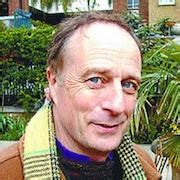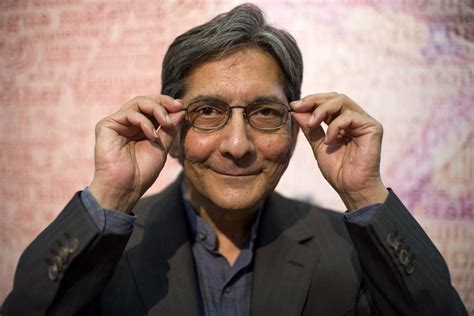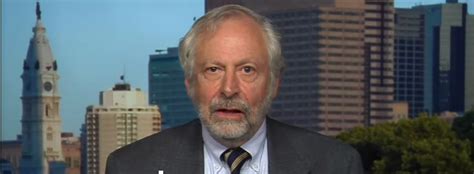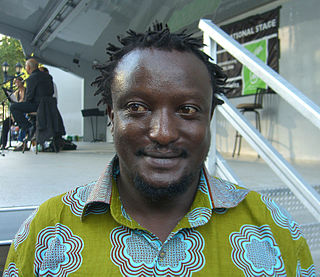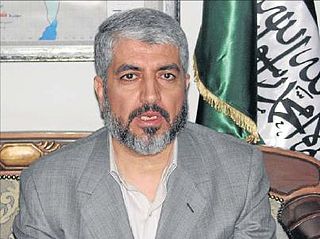A Quote by Tom Paulin
This sympathy is not translated into force against the British government because it is not like the anti- apartheid movement which had a high profile here and Mandela is a more engaging figure than Yasser Arafat.
Related Quotes
I remember my emotions the day we watched Nelson Mandela walk out of prison Writing & literature in South Africa during the anti-apartheid years, became a 'cultural weapon.' You had to use it to fight apartheid & some of us resisted that in the end, you recognize that you are facing a government that has no scruples about using culture & art to oppress you.
People - whether you like to hear what people have got to say, not you have got to listen to them, and turning your back on people I found very insulting. If you're going to really make peace, you have got to confront each other and look each other in the eye, and that's what's happen - I'm always remember Yitzhak Rabin shaking hands with Yasser Arafat and the reluctance in - Yasser Arafat put his hand down and the reluctance of Yitzhak Rabin, but then he had that second and then he just shook the hand.
Had we adopted non-violence as the weapon of the strong, because we realised that it was more effective than any other weapon, in fact the mightiest force in the world, we would have made use of its full potency and not have discarded it as soon as the fight against the British was over or we were in a position to wield conventional weapons. But as I have already said, we adopted it out of our helplessness. If we had the atom bomb, we would have used it against the British.
When I went to live in South Africa, I immediately began to understand what went wrong. Because here was a place supposed to be under apartheid - I arrived there in 1991 - but here a black person had more say and had more influence over his white government than an average Kenyan had over the Moi government.
If Aristotle, Livy, and Harrington knew what a republic was, the British constitution is much more like a republic than an empire. They define a republic to be a government of laws, and not of men. If this definition is just, the British constitution is nothing more or less than a republic, in which the king is first magistrate. This office being hereditary, and being possessed of such ample and splendid prerogatives, is no objection to the government's being a republic, as long as it is bound by fixed laws, which the people have a voice in making, and a right to defend.
The gay rights movement of recent years has been an inspiring victory for humanity and it is in the tradition of the civil rights movement when I was a young boy in the South, the women's suffrage movement when my mother was a young woman in Tennessee, the abolition movement much farther back, and the anti-apartheid movement when I was in the House of Representatives. All of these movements have one thing in common: the opposition to progress was rooted in an outdated understanding of morality.
